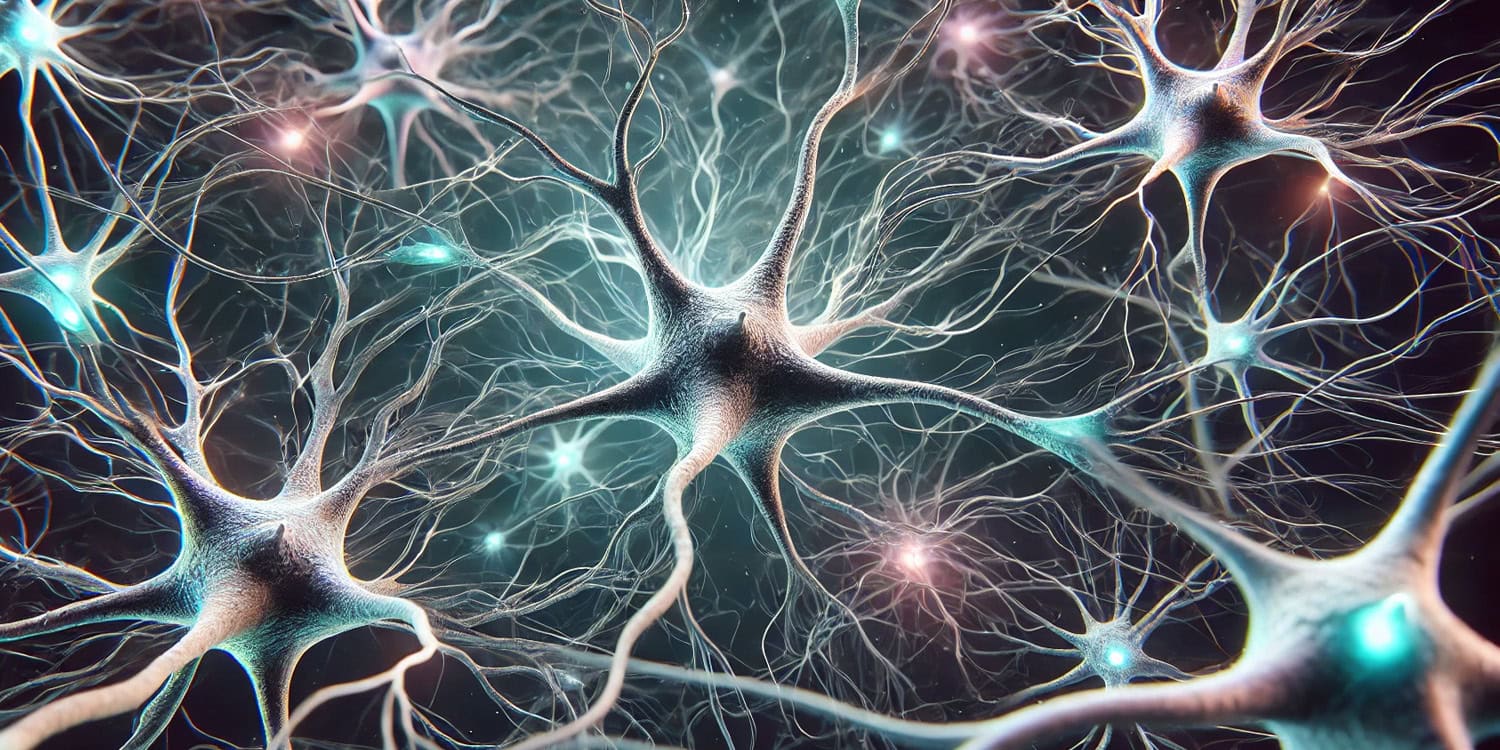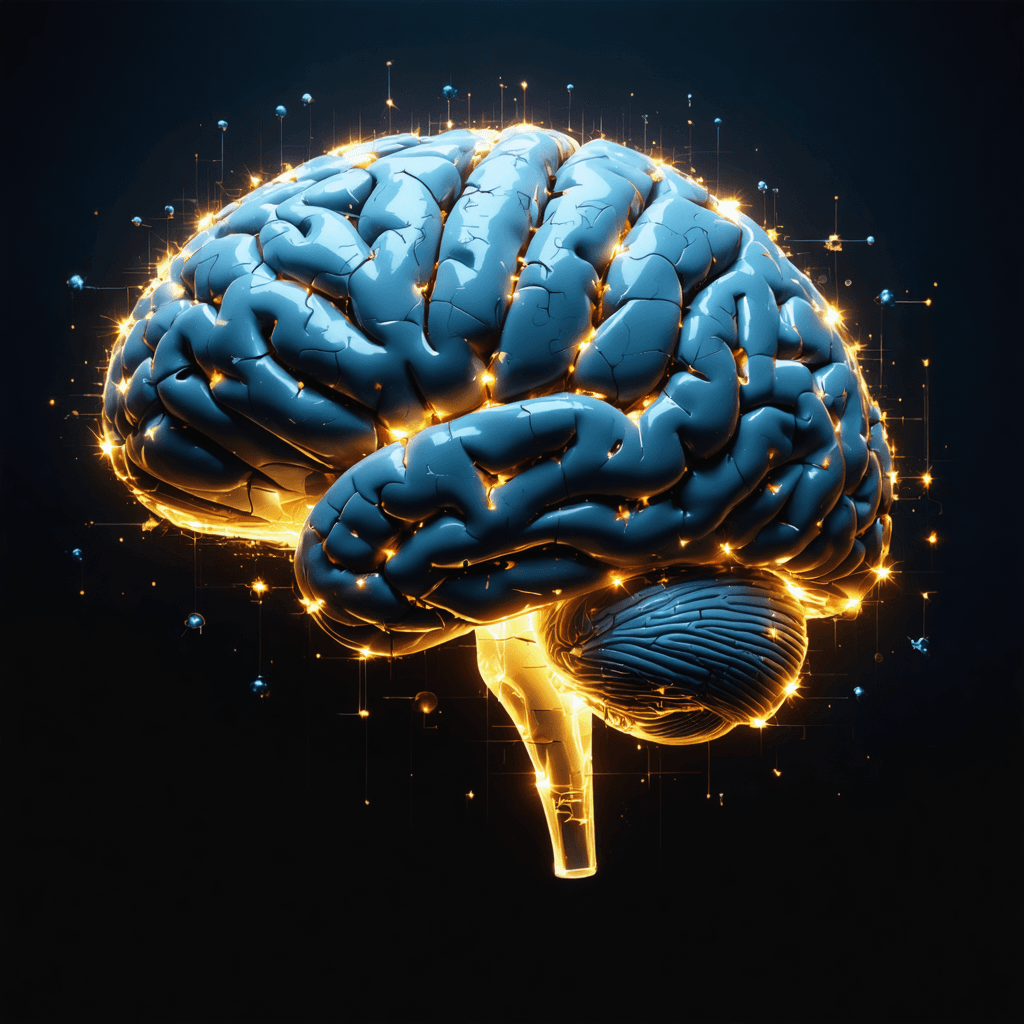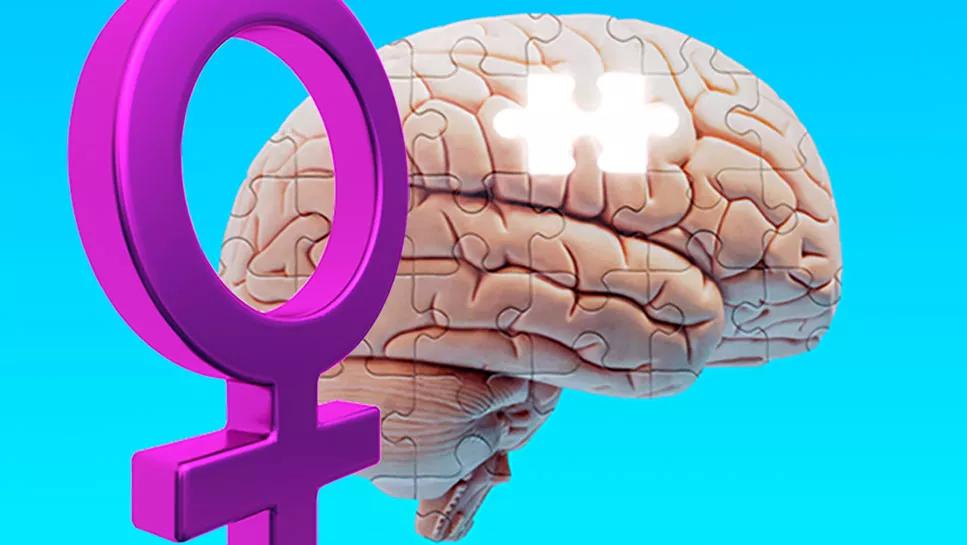How Stress Scrambles Your Brain's GPS: The Hidden Link Between Mental Pressure and Physical Precision
In today's fast-paced world, stress has become an unwelcome companion in our daily lives. While we're familiar with its effects on our mood and physical health, recent research has unveiled a surprising connection between stress and our brain's navigational abilities. Let's dive deep into how mental pressure can impact our internal GPS system and what this means for our daily functioning.
The Brain's Navigation Center: Understanding the Basics

The hippocampus, often called our brain's GPS, plays a crucial role in spatial navigation and memory formation. This seahorse-shaped structure not only helps us remember where we parked our car but also assists in forming new memories and navigating both familiar and unfamiliar environments. Recent studies from 2025 have shown that this vital brain region is particularly susceptible to the effects of stress.
How Stress Disrupts Our Internal Compass
When we experience stress, our brain undergoes several chemical and structural changes. According to recent research published in Nature Neuroscience, chronic stress can:
- Reduce hippocampal volume
- Impair spatial memory formation
- Decrease navigational accuracy
- Affect decision-making in spatial tasks

The Science Behind the Scramble
Recent studies have revealed that stress hormones like cortisol can:
- Interfere with neural signal transmission
- Reduce the formation of new neurons in the hippocampus
- Affect the brain's ability to form cognitive maps
- Impair working memory needed for navigation
This disruption can manifest in everyday situations, from forgetting where you placed your keys to having difficulty finding your way in a familiar neighborhood during stressful periods.
The Cognitive Domino Effect
The impact of stress on spatial navigation extends beyond mere directional confusion. Research from 2024-2025 indicates that this disruption can lead to:
- Increased anxiety about traveling to new places
- Reduced confidence in daily navigation tasks
- Higher dependence on GPS devices
- Potential long-term effects on spatial memory
Breaking the Cycle: Practical Solutions
1. Stress Management Techniques
- Regular meditation and mindfulness practices
- Deep breathing exercises
- Progressive muscle relaxation
- Regular physical exercise
2. Navigation Exercise
Recent studies show that actively engaging in navigation exercises can strengthen the hippocampus and build resilience against stress-induced effects:
- Try navigating without GPS occasionally
- Practice mental mapping of your surroundings
- Engage in spatial memory games
- Explore new environments mindfully
3. Lifestyle Modifications
Research from UCLA Health in 2024 suggests that certain lifestyle changes can protect and enhance our brain's navigational capabilities:
- Maintain regular sleep patterns
- Engage in regular physical activity
- Practice stress-reduction techniques
- Maintain social connections
The Role of Technology: Friend or Foe?
While GPS technology provides invaluable assistance, experts suggest finding a balance:
- Use GPS as a backup rather than primary navigation tool
- Practice remembering routes and landmarks
- Challenge yourself to navigate familiar areas without technological assistance
- Combine technology use with active spatial awareness
Future Implications and Research
Ongoing research in 2025 continues to uncover the intricate relationship between stress and spatial navigation. Scientists are exploring new interventions and treatments to protect our brain's navigational systems from the effects of chronic stress.
Conclusion
Understanding the connection between stress and spatial navigation is crucial for maintaining optimal cognitive function in our modern world. By implementing stress management techniques and conscious navigation practices, we can protect and enhance our brain's natural GPS system.
Ready to take the next step in understanding and improving your cognitive function? Explore our comprehensive courses and resources at 01TEK, where we offer cutting-edge programs designed to enhance your mental capabilities and stress management skills. Visit our website today to learn more about how you can optimize your brain's performance and navigate life with greater confidence.
Sources:
Statistics suggest that when customers complain, business owners and managers ought to get excited about it. The complaining customer represents a huge opportunity for more business.
Zig Ziglar, author and motivational speaker




